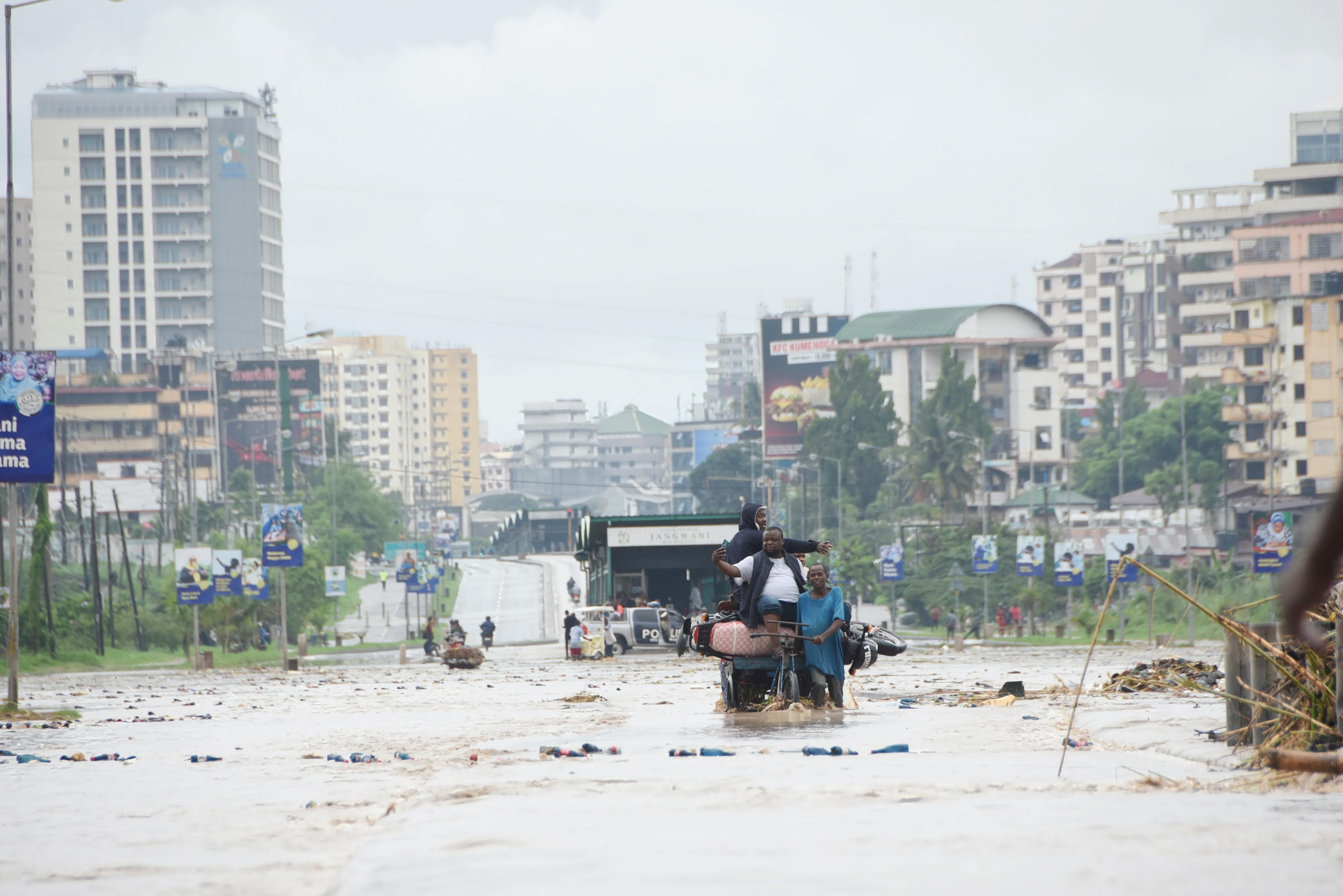Samia: Renewable energy a way forward

President Samia Suluhu Hassan speaks during the high-level side event on powering the Southern African power pool with renewables, during the ongoing COP27 in Egypt.
What you need to know:
- President Hassan said the preparation of renewable projects is costly, calling on African countries to mobilize resources first for the preparation of all renewable projects in the region.
Dar es Salaam. President Samia Suluhu Hassan yesterday stressed renewable energy among southern African countries as a key option for increasing electricity without affecting the climate.
President Hassan was speaking during the high-level side event on powering the Southern African power pool with renewables, during the ongoing COP27 in Egypt.
“Powering the Southern African Power Pool (SAPP) with renewables is about developing while decarbonizing. These two ambitions are not in contradiction,” she said.
Currently, 62 percent of the electricity in the SAPP, which is a cooperation of the national electricity companies in Southern Africa under the auspices of the Southern African Development Community (SADC), is generated from coal.
“If Sub-Saharan Africa aggressively promotes renewables, it could obtain a 27 percent reduction in carbon emissions. This is not a small amount, given that our population and economic growth will at some point lead to our emission levels becoming no longer immaterial,” she said. Speaking on the way forward after discussions, she said the countries need more electricity for the region.
“We should adopt this compact as our investment package for increased access to electricity among our people,” she said.
She called on investors and international partners to view and assess the regional power block as it promotes the stability and size of the SAPP electricity market as leverage for cheap financing for the power projects.
President Hassan said the preparation of renewable projects is costly, calling on African countries to mobilize resources first for the preparation of all renewable projects in the region.
“We must undertake to strengthen our coordination and information on power projects, and the SAPP coordination center’s stature and functions should be enhanced and elevated,” she said.
“To my fellow SADC Heads of State and Government, I would like to convince you that we make the implementation of this compact, Powering Southern African Power Pool with Renewables, a standing agenda item in all our summits,” she said.
Meanwhile, South Africa’s president, Cyril Ramaphosa, yesterday criticised international funders for making it difficult for poorer nations to access aid to fight climate change.
Support from multilateral organizations “is out of reach of the majority of the world’s population due to lending policies that are risk-averse and carry onerous costs as well as conditionalities,” Mr Ramaphosa told the UN COP27 climate summit.
Addressing the meeting in Egypt’s Sharm el-Sheikh, he said “funding institutions need to transform ... the way in which they fund projects that will enable us to develop with regard to climate change.”
According to a UN-backed report released Tuesday, developing countries and emerging economies need investments well beyond $2 trillion annually by 2030 if the world is to stop the global warming juggernaut.
South Africa, one of the world’s top 12 polluters, revealed last week that it will require about $98 billion over the next five years to transition to net zero.
Additional reporting by AFP





